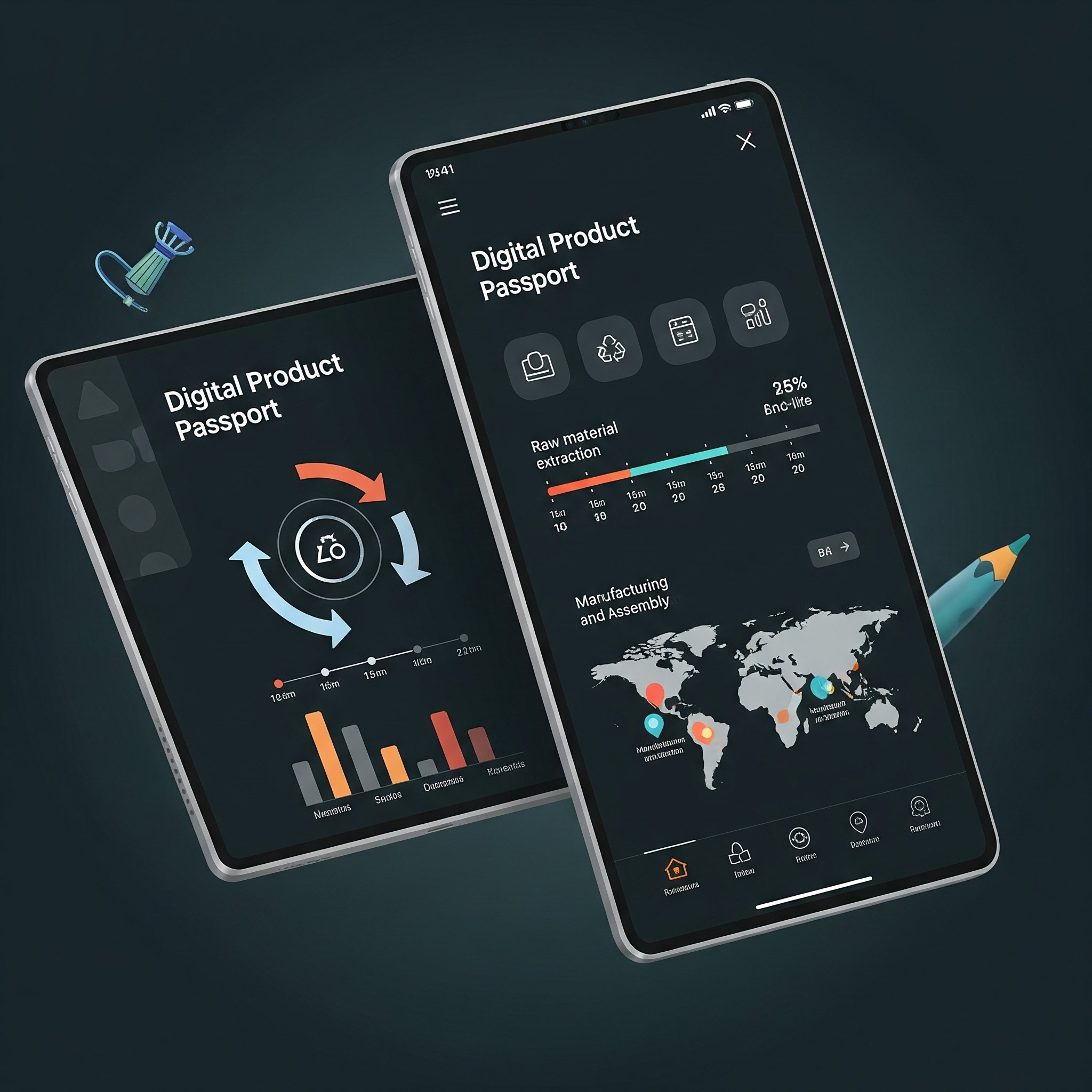Why Digital Product Passports Matter for Every Brand
If you’ve been thinking, “We’re a small brand - that EU Digital Product Passport thing doesn’t apply to us,” think again.
The EU’s upcoming Ecodesign for Sustainable Products Regulation (ESPR), and the Digital Product Passport (DPP) it mandates, is about to transform the fashion industry. While the headlines often focus on big-name retailers, small and independent brands are very much included in this shift.
And if you're selling clothing into the EU market, even via third-party platforms like Zalando, About You or a boutique stockist in Berlin - this applies to you.
What is a Digital Product Passport?
The Digital Product Passport (DPP) is a structured digital record attached to each product you sell. Think QR codes unlocking data like:
Material breakdown
Recycled content
Country of origin
Certifications and compliance
Care, repair, and recyclability information
The goal? Support circularity, improve transparency, and help consumers, and regulators, make informed decisions.
The Timeline
2024–2025: Technical standards and tools being finalised
2026: Likely pilots for textile categories
By 2027: Mandatory DPPs for fashion brands selling into the EU
Are SMEs Exempt?
No. There’s no blanket exemption for small brands.
While some simplified tools or extra lead time may be offered, all businesses placing textile products on the EU market will need to comply - regardless of size or location.
This includes UK brands exporting to the EU or selling through EU marketplaces.
Beyond Compliance - Why This Matters
This isn’t just about ticking boxes.
Done well, your DPP can help you:
Build trust and brand transparency
Track supply chain data that will soon be expected
Strengthen your circularity and sustainability story
Stay ahead of EPR, ESPR, DPP, CSRD, and more
Improve product design and recyclability
Compete in a fast-shifting retail landscape
What You Can Do Now:
Map your suppliers
Track what materials you’re using
Save your certifications and test reports
Review trims, stitching and finishings — can it be recycled?
Ideally use mono fibres to enable recyclability.
Need Support?
At Our Fashion Fix, we help brands build commercially smart sustainability strategies - and yes, that includes DPP readiness.
Whether you're an early-stage brand or scaling up, we can help you prepare for regulation, embed transparency, and make circular thinking practical (and profitable).
Get in touch — and let’s talk about making your supply chain traceable, transparent, and future-ready.

